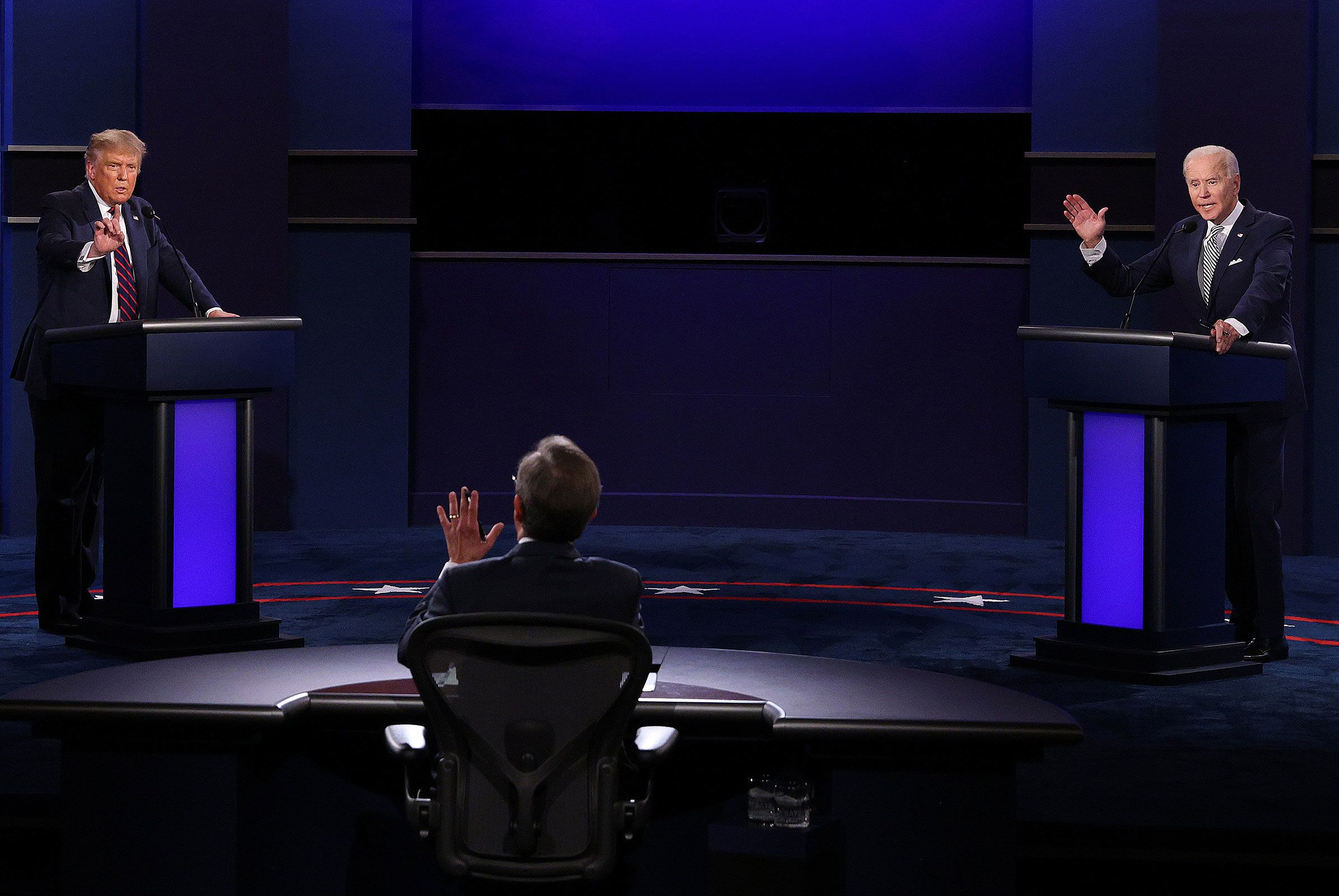As the United States gears up for the 2024 general election, the political landscape may seem eerily similar to that of 2020. However, the intervening years have been marked by significant changes, largely due to the Covid-19 pandemic.
Four Years of Covid-19: A Retrospective
On March 13, 2020, then-President Donald Trump declared a national emergency in response to the Covid-19 pandemic. Four years later, the impact of the pandemic is still felt, although it has receded into the background. The daily debates about lockdowns, face masks, and school attendance have given way to a new normal. Yet, the pandemic’s influence on the 2020 election, particularly the conspiracy theories surrounding the special voting measures, remains a contentious issue.
The Human and Economic Toll of the Pandemic
According to the US Centers for Disease Control and Prevention, nearly 1.2 million Americans have lost their lives to Covid-19 over the past four years. The economic toll is equally staggering, with the US government spending approximately $4.4 trillion to combat the pandemic. This figure does not include the trillions in extraordinary measures taken by the Federal Reserve.
The Economy in the Wake of Covid-19
Despite the easing of inflation and improved wages, many Americans continue to struggle financially. The pandemic’s impact on the real estate market and the shift towards remote work have created an uncertain economic landscape. Other countries, too, are grappling with the aftereffects of the pandemic, with some just beginning to lift Covid-19 precautions.
The Politics of the Pandemic
President Joe Biden and former President Donald Trump have both sought to shape the narrative around the pandemic. Biden emphasized the challenges faced during Trump’s presidency, while Trump claimed credit for the rapid development of Covid-19 vaccines. The issue of vaccine skepticism, particularly among Trump’s supporters, has also emerged as a significant political issue.
The State of Vaccination and Public Health
Recent data from the Pew Research Center indicates a decline in concern about Covid-19 among Americans. Less than 23% of US adults have received the most recent recommended dose of the Covid-19 vaccine. The partisan divide in vaccination rates is evident, with 42% of Democrats and Democratic-leaning independents up to date on their vaccines compared to 15% of Republicans and GOP leaners.
Long Covid: An Ongoing Challenge
Despite the reduced physical threat of the disease, long Covid continues to affect millions of Americans. Studies suggest that a significant number of adults and children who contracted Covid-19 are dealing with long-term symptoms.
The Impact on Children and Education
The pandemic has had a profound impact on children’s education, with test scores dropping due to extended periods of remote learning. Efforts to address this learning loss have been more successful in wealthier school districts, highlighting the pandemic’s role in exacerbating financial inequality.
The Origin of the Virus: An Unresolved Mystery
The exact origin of the coronavirus remains unknown. While there is circumstantial evidence pointing to a potential lab leak in Wuhan, China, the lack of transparency from the Chinese government has fueled speculation and mistrust.

